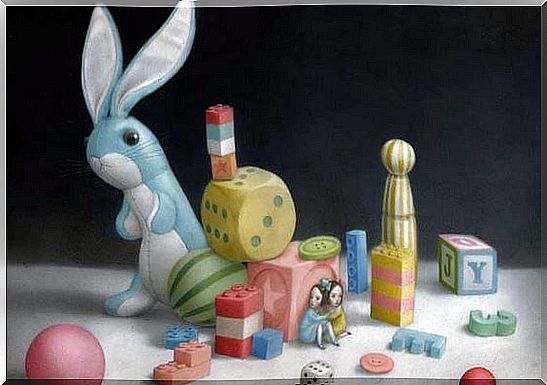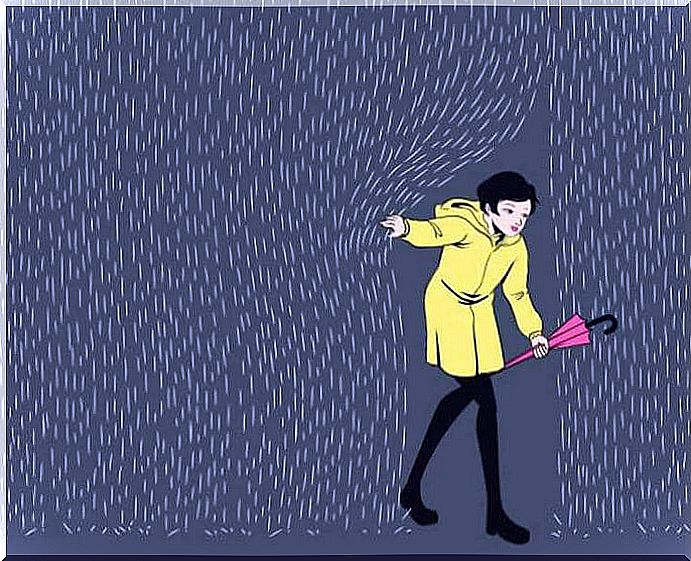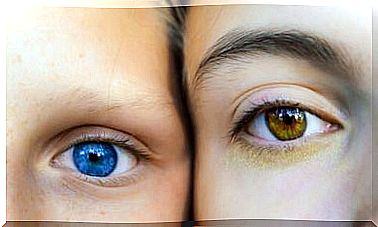Every Assumption Takes Us Away From Reality

A girl had two apples in her hand. Her mother approached her and asked her daughter if she could give her an apple.
Quickly the girl bit one and then the other. The mother felt her smile froze and tried not to show her disappointment. After that moment, the girl gave him one of those apples while saying: “Here, mom, this is the sweetest of the two.”
This short story illustrates the consequences of presupposing without a basis for doing so. We can go to the point of judging a girl who, in her innocence and good will, handled her intentions in the most touching way there is.

Hasty conclusions doom us
Prejudging situations and people’s behavior carries with it the great risk of disappointment. The truth is that in any order of life who waits, is disappointed. But, nevertheless, we live on hope and cannot escape our expectations.
In this sense, jumping to conclusions can not only lead to isolated misunderstandings, but can also generate real relational catastrophes. This is what we commonly know as making a beach out of a molehill.
Since we know this happens, it is good that from time to time we take time to regain perspective. At the same time, we must drink from different sources of information, which will help us to assess what is happening more fairly.
The value of the apology
Sometimes we are too proud when we make mistakes and we are unfair to others. It is often difficult for us to recognize that our attitude has not been adequate and that it has been caused by our predisposition and our erroneous perceptions.
Not only does this lead us to lose relationships, it can fuel our prediction to confirm itself. In other words, if, for example, the mother in our story had gotten angry and had scolded her daughter, one of the girl’s expected reactions could have been not to give her mother any apples.

When we think badly of others and express it, we can block any answer or explanation option on the part of those affected. In any case, the most serious direct consequence is not that this will lead us to confirm our ideas or hypotheses, but that it will make it difficult for us to realize our error and apologize.
But no, sometimes we are too proud and conceited for that and we fall into the trap of resentment. How many times have we thought we would have to apologize to someone and we haven’t? How many times have we waited for an explanation or a few words of apology from someone who hurt us with their prejudices?
The most varied situations will surely come to mind; in fact, we have probably lost too much at the cost of our assumptions or those of others. Thus, the triumph of our pride is raised with a great loss for us.









